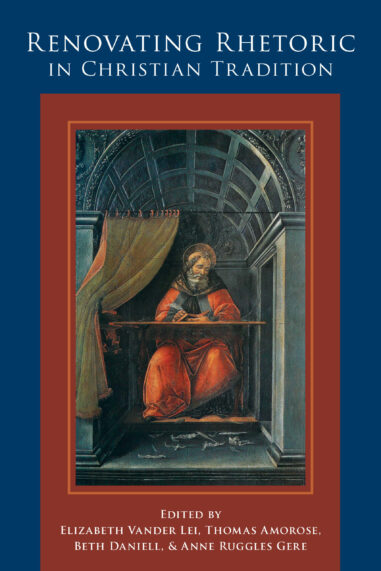Throughout history, determined individuals have appropriated and reconstructed rhetorical and religious resources to create effective arguments. In the process, they have remade both themselves and their communities. This edited volume offers notable examples of these reconstructions, ranging from the formation of Christianity to questions about the relationship of religious and academic ways of knowing.
The initial chapters explore historic challenges to Christian doctrines and gender roles. Contributors examine Mormon women’s campaigns for the recognition of their sect, women’s suffrage, and the statehood of Utah; the Seventh-day Adventist challenge to the mainstream designation of Sunday as the Sabbath; a female minister who confronted the gendered tenets of early Methodism and created her own sacred spaces; women who, across three centuries, fashioned an apostolic voice of humble authority rooted in spiritual conversion; and members of the Woman’s Foreign Missionary Society of the Methodist Episcopal Church, who redefined notions of women’s intellectual capacity and appropriate fields for work from the Civil War through World War II.
Considering contemporary learning environments, other contributors explore resources that can help faculty and students of composition and rhetoric consider more fully the relations of religion and academic work. These contributors call upon the work of theologians, philosophers, and biblical scholars to propose strategies for building trust through communication.
The final chapters examine the writings of Apostle Paul and his use of Jewish forms of argumentation and provide an overarching discussion of how the Christian tradition has resisted rhetorical renovation, and in the process, missed opportunities to renovate spiritual belief.



